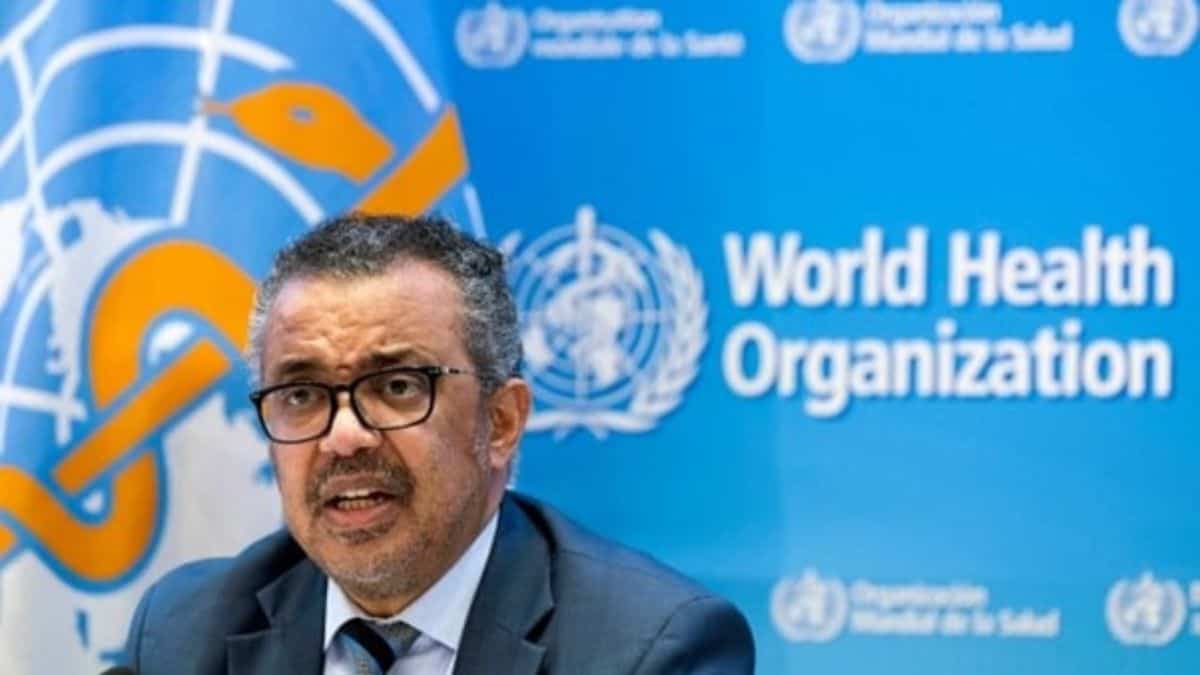The World Health Organisation (WHO) has declared the monkeypox outbreak in more than 70 countries an “emergency of international concern”.
The WHO Label, a “public health emergency of international concern”, is designed to sound an alarm that a coordinated international response is needed and could unlock funding and encourage global collaboration to share vaccines and treatments.
Almost 15, 400 cases have been reported from 72 countries since the infections were first reported in May.
WHO Director-General Tedros Adhanom Ghebreyesus made the decision to issue the declaration despite a lack of consensus among experts serving on the UN health agency’s emergency committee. This was the first time the chief of the UN health agency made such a decision.
Tedros confirmed during a media briefing in Geneva, that the committee failed to reach a consensus, with six members in favour of the declaration and nine members voting against it.
“We have an outbreak that has spread around the world rapidly through new modes of transmission about which we understand too little, and which meets the criteria in the international health regulations,” Tedros said on Saturday.
“I know this has not been an easy or straightforward process and that there are divergent views among the members of the committee,” he added.
Dr Tedros said the declaration would help speed up the development of vaccines and the implementation of measures to prevent the virus from spreading. WHO is also issuing out recommendations which are aimed at encouraging countries to take action to stop transmission of the virus and protect those who are most at risk.
Source: Eyewitness News, Al Jazeera, BBC News, Reuters, image from Twitter
